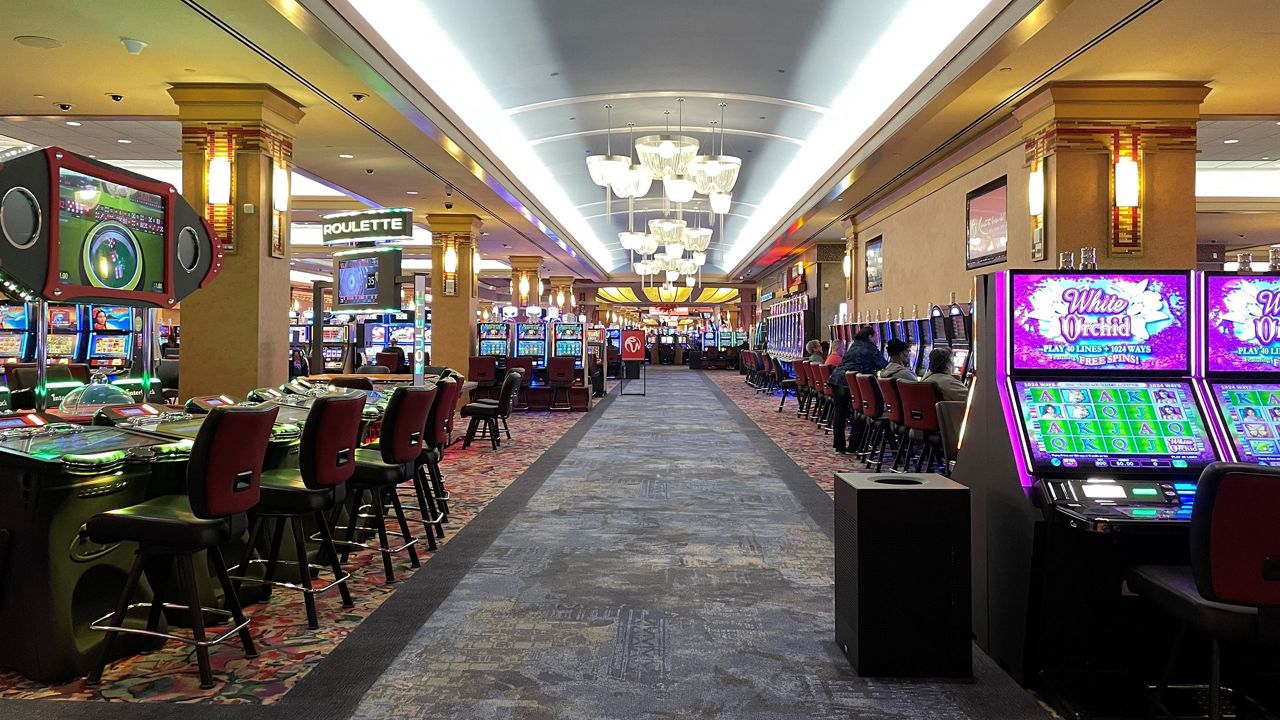Diving Into Tabletop Games: Not Merely Luck
When we think of gambling games, the initial pictures that frequently come to mind are those of rotating wheel wheels, card tokens clattering on felt tables, and dice rolling across a gaming area. While many consider these games as simple pastimes fueled by chance, a more profound exploration reveals a fascinating blend of strategy, skill, and social engagement that raises them far beyond simple chance. Regardless of whether you are a experienced player or a inquisitive newcomer, grasping the subtleties of these activities can greatly enhance your experience and understanding.
Casino activities have developed over hundreds of years, with different cultures contributing to their rich backgrounds and variations. From the intricate strategies of 21 to the bluffing tactics in poker, players engage in a contest of intellect as much as a risk on odds. This dynamic interplay between chance and expertise creates a exciting atmosphere that draws countless people to gambling establishments worldwide. As we delve into the realm of card activities, we will uncover the methods that can tilt the odds in your advantage and the social aspects that make these activities a popular choice for entertainment and engagement.
A Approach of Casino Gaming
Table games often involve a blend of skill and luck, which makes them intriguing for players who enjoy a test. Each title has its own set of guidelines and tactics that can affect the outcome. For instance, in titles like 21, players are obliged to use strategies like card counting and understanding the odds to make smart decisions. This expertise can significantly improve the winning potential, differentiating experienced players from novices who may rely solely on luck.
Conversely, games such as the roulette may seem to be entirely based on chance, but tactical thinking can also play into the equation. Players can select between various betting tactics, such as the Martingale strategy, where they increase their wagers after losses. This method can create a more controlled way to the activity. Grasping the odds of specific bets can also help players make smarter decisions on the roulette table, showcasing that even titles of chance, strategy can enhance the enjoyment.
Additionally, poker stands out as a game that heavily focuses on tactics. Unlike most casino games, poker combines ability, psychology, and luck. Players must also concentrate on the hands they are dealt but also take into account their rivals’ behavior and wagering patterns. Mastering concepts like position, the odds of the pot, and reading bluffs is essential for success. This depth of tactics in the game of poker often leads to a more immersive experience for participants, as the choices and abilities greatly impact the match’s results.
Understanding Probability and Odds
In the world of gambling games, likelihood and odds have a crucial role in deciding a player’s potential consequences. Every game has its own collection of guidelines that define how the probability of succeeding or failing is calculated. For case, in games like 21, players have a chance to affect their odds through tactics, whereas in games like roulette, the results are exclusively dictated by chance. Grasping how these probabilities are measured can greatly affect how a gambler approaches the match.
Ratios are typically expressed in two formats: fractional and numeric. Ratio odds indicate the proportion of the amount gained to the amount bet, whereas numeric ratios show the overall return for a winning wager, which includes the stake. For instance, if a game has odds of 5 to 1, this implies that for every one unit bet, a player could win five units if successful. Knowing how to read these ratios enables gamblers to assess their potential earnings and formulate more wise decisions during play.
Players should also be conscious of the house edge, which is the casino’s built-in benefit over the gamblers. Each match has a different house edge, and grasping this idea is crucial for controlling one’s expectations and bankroll. Activities with a reduced advantage, such as blackjack and baccarat, typically offer better ratios for gamblers compared to activities like slot machines and lottery. By acknowledging the relationship between probability, odds, and the casino advantage, gamblers can enhance their gambling experience and strategize more efficiently.
The Exciting Aspect of Casino Table Games
Table games at casinos are often seen as a hub of community engagement, bringing players together in a shared experience that extends far past the mere act of gambling. The atmosphere at a poker table can be electric, with gamblers engaging not only with the game itself but also with each other. Joy, cheers, and, occasionally, playful teasing create connections that enhance the overall enjoyment of the gaming experience. This communal aspect can turn a solitary endeavor into a lively social event, making casino games particularly enticing.
One of the fascinating elements of gaming at tables is the way it fosters camaraderie among players. Whether it’s collaborating to beat the dealer at a craps table or sharing stories between hands in a card game, the environment encourages communication. Participants often share advice or strategies, creating a sense of community that boosts the fun. This interpersonal atmosphere can make new players feel welcomed and less daunted by the competitive nature of casino games. As the game progresses, friendships may form, leading to a sense of belonging that keeps participants coming back to the table.
Moreover, the social aspect of gaming at tables extends beyond just the players. Casino staff play a crucial role in encouraging interaction and maintaining the flow of the game. Their ability to engage players with friendly conversation and their expertise in managing the table can create an inviting atmosphere. non GamStop This connection between participants and dealers adds another layer of enjoyment, where gamblers feel bonded not only to one another but also to the staff. Such interactions are often what make the experience unforgettable, as players leave with stories to tell and relationships made, reinforcing the notion that gaming at tables are truly about something greater than luck.

